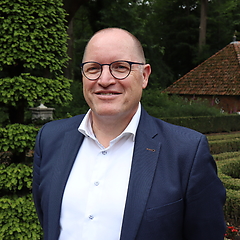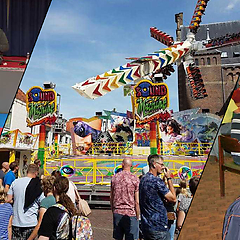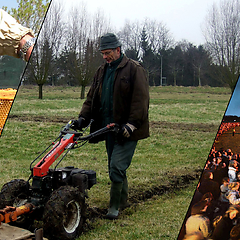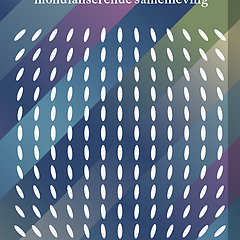The research of the Research and Development team focuses on three research areas in the period 2021-2024:
1. Intangible Heritage & Diversity
2. Intangible Heritage & Sustainability
3. Reflection on Inventory Methods
The 2021-2024 Research Agenda builds on the results of the 2017-2020 Research Agenda 'Intangible Heritage as a testing ground for a globalizing society'. The results from the previous Research Agenda can be read here.
As an accredited NGO at UNESCO, the DCICH is also a member of the ICH NGO Forum . Within the ICH NGO Forum we are active in the Research working group . This working group organizes conferences during the annual General Assembly and the Intergovernmental Committee Meetings of the UNESCO Convention for the Protection of the Intangible Cultural Heritage.
Team Knowledge Development
Jet Bakels, j.bakels@immaterieelerfgoed.nl
Susanne Bergwerff - Verburg, s.verburg@immaterieelerfgoed.nl
Mark Schep, m.schep@immaterieelerfgoed.nl
Marlous van den Akker, m.vandenakker@immaterieelerfgoed.nl
Rozemarijn van de Wal, r.vandewal@immaterieelerfgoed.nl
The team can also be reached via: kennisontwikkeling@immaterieelerfgoed.nl





